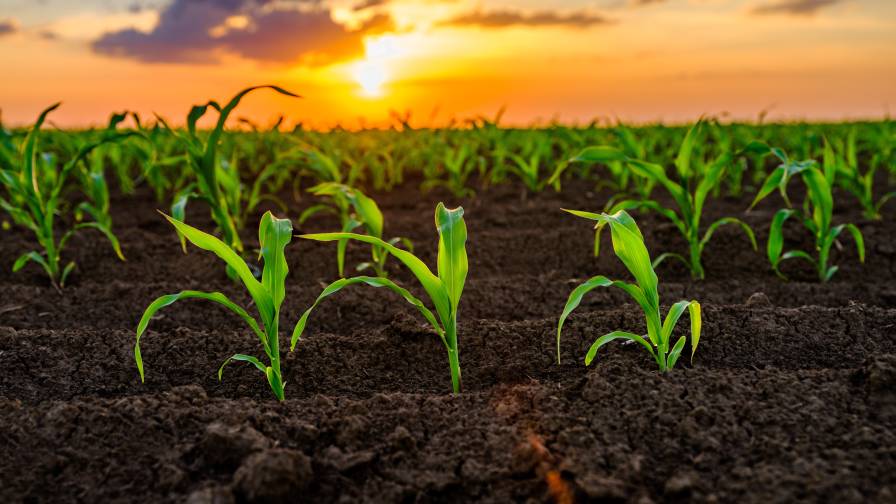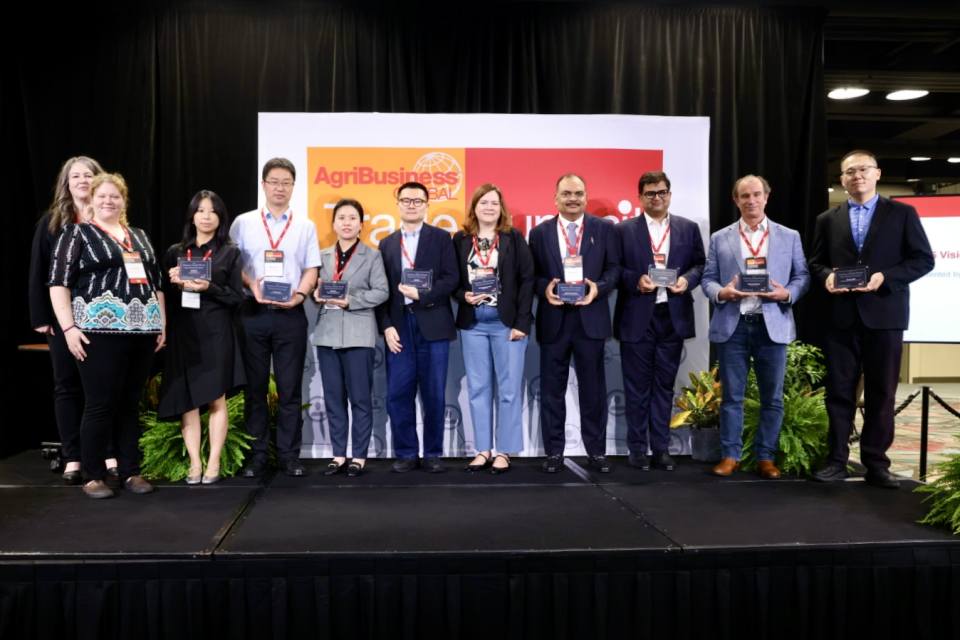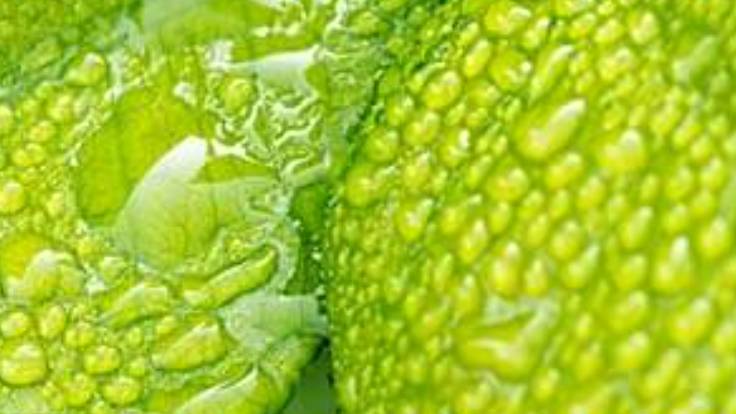African Farmers To Get Free, Open Education Network
EAST LANSING, Michigan, US — Farmers in Africa will have a new education network that teaches the value of crop production technologies and sustainable cropping practices, thanks to a $1-million cooperative between Michigan (US) State University and African education institutions. The program could increase demand of crop protection products throughout the continent as farmers learn about best practices for crop production and agribusiness, as well as livestock husbandry.
The 18-month pilot project, AgShare Open Education Resources, is funded with a $1-million grant from the Bill & Melinda Gates Foundation. Researchers at Michigan State University will help learning institutions in Africa to create a virtual hub of resources and curriculum for Master of Science degrees in agriculture, with areas of emphasis in livestock, crops and agribusiness.
Michigan State University researchers will use a $1 million grant from the Bill & Melinda Gates Foundation to help African educators develop free and open access to agriculture education material, which they hope could improve agricultural practices and build a sustainable economy.
AgShare Open Education Resources is an 18-month pilot project. African educational institutions, which are yet to be determined, will create a virtual hub of resources and curriculum for Master of Science degrees in agriculture, with areas of emphasis in livestock, crops and agribusiness.
“The project comes at an important time for African institutions, which are looking for effective ways to address the development of their educational agriculture programming with limited financial resources,” Christine Geith, assistant provost and executive director of MSUglobal Learning Ventures, an entrepreneurial business unit, said in a press release.
MSU faculty will work with OER Africa, a new project headquartered in Nairobi, Kenya, and other international experts to develop best practices for sharing information through open education resources — an educational learning trend in which materials reside in a public domain for users to freely share and repurpose.
AgShare will allow users to form learning networks that will share content such as modules, textbook material and videos via the Web. In remote areas where Internet is less accessible, information will be distributed through DVDs and printed material.
Geith heads the research team, which also comprises John Kaneene, University Distinguished Professor of epidemiology, from the College of Veterinary Medicine and Cliff Lampe, assistant professor in the College of Communication Arts and Sciences.
“Africa’s agriculture industry requires improved higher education, research, training and outreach programs,” Kaneene said in a press release. “Without improved dissemination and building of shared resources, the producers and educators will rely on 19th-century word-of-mouth education. This project is critical to sustainable agriculture in Africa.”
Currently, university-based agricultural education programs in Africa are severely hampered by out-of-date graduate teaching materials coupled with inadequate funding to purchase new materials, he added.
The grant is part of the Bill & Melinda Gates Foundation’s Agricultural Development initiative, which is working with a wide range of partners in sub-Saharan Africa and South Asia to provide millions of small farmers in the developing world with tools and opportunities to boost their yields, increase their incomes and build better lives for themselves and their families. The foundation is working to strengthen the entire agricultural value chain – from seeds and soil to farm management and market access — so that progress against hunger and poverty is sustainable over the long term.






